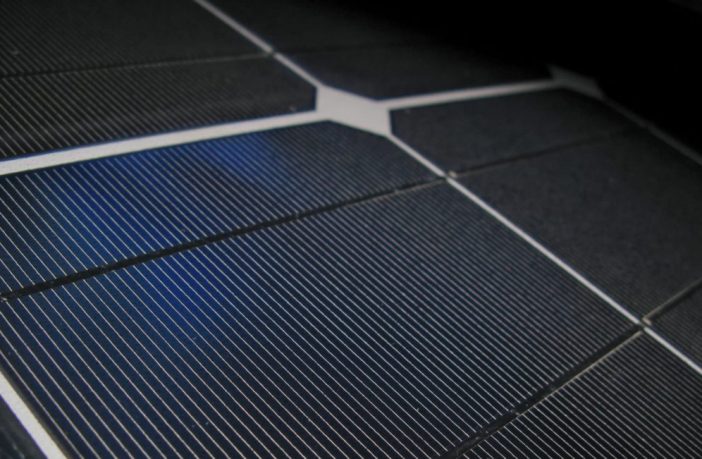- Through the Presidency, the National Energy Crisis Committee (NECOM) has released a six-month update on progress in the implementation of the Energy Action Plan.
- Among the many initiatives, local content rules for solar panels have been reduce to 30%.
The NECOM, which falls under the president’s office, published a six month update on their sweeping energy reforms aimed at addressing the country’s spiralling energy crisis where the fequency and intensity of blackouts is getting worse and the cost to the economy is a massive R950 million a day.
The historical inconsistences in the country’s renewable energy procurement programme have made it difficult for global solar panel manufacturers to invest in production plants in South Africa. The government has faced criticism for its localisation policies because current local PV manufacturing capacity cannot meet growing demand plus raw materials to produce solar panels are not available locally. The country has also previously applied their local content rules selectively. Read more
“Designated local content for solar panels has been reduced from 100% to 30% to alleviate constraints,” the report reads. “The relevant government departments are working together to ensure that projects from Bid Window 5 of the renewable energy programme can start construction on schedule. This includes taking a pragmatic approach to the local content requirements for these projects, prioritising the need to build new capacity as quickly as possible.”
Link to the full update HERE: Update on Energy Action Plan – January 2023
Author: Bryan Groenendaal
















